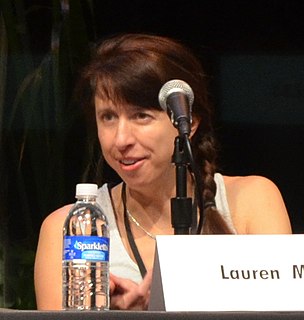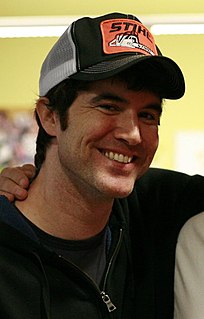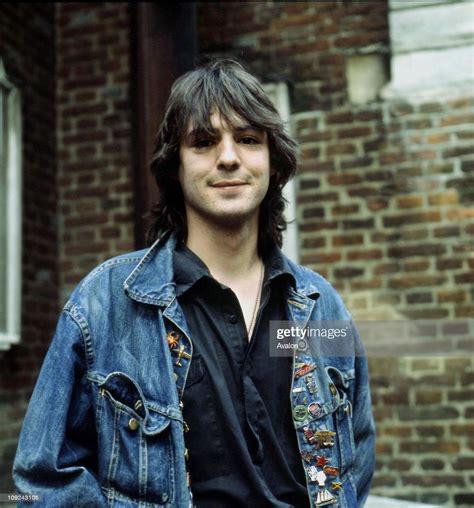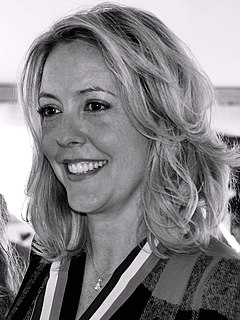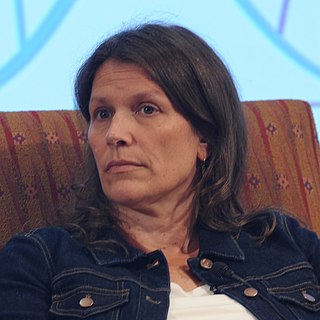A Quote by Steve Hilton
Most parents don't want their kids to have smartphones in the first place. But parents worry about the social stigma of their child being the only one without a phone.
Related Quotes
I worry about the kids who have too much. As a parent living in a so-called good neighborhood with children who went to private high school, I found myself spending much time in parent groups worrying about alcohol, unsupervised parties, and parents not being parents. We've got to send messages to our kids about what is important.
Being a figurehead for those with family members in prison is somewhat new for me. Something I've discovered since my father's incarceration is that the prison system is broken. My first-hand experiences have taught me that reform needs to happen sooner than later. I'm most interested in mentoring children with parents in prison. When a parent is sentenced to a jail term, the child is sentenced to the same time to be spent without a mother or father. No child should suffer a stigma or lack support and guidance because of the sins of a parent.
Harry's status as orphan gives him a freedom other children can only dream about (guiltily, of course). No child wants to lose their parents, yet the idea of being removed from the expectations of parents is alluring. The orphan in literature is freed from the obligation to satisfy his/her parents, and from the inevitable realization that his/her parents are flawed human beings. There is something liberating, too, about being transported into the kind of surrogate family which boarding school represents, where the relationships are less intense and the boundaries perhaps more clearly defined.
And if you're a parent who thinks you're okay because your kid doesn't have a phone or iPod yet, and/or you've used all the parent controls to filter out explicit material, you're not okay. The filters are tissue paper and your kid without a phone is on a school bus or in a locker room or at a public park with phone-equipped kids every day. And they're like all kids in exploring - by whatever means available to them - exactly what their parents are treating as too embarrassing or taboo to talk about.
Escuela Caribe preyed upon parents' fears of secular culture to recruit students. Parents could send their kids to a place where they'd be sheltered from evil secular influences - sex, drugs, alcohol, and a questioning mentality. A place where children would be forced to become good little clones of their parents.


